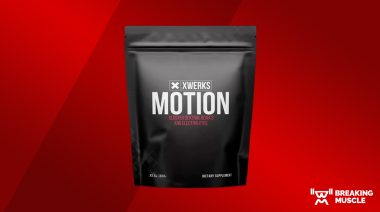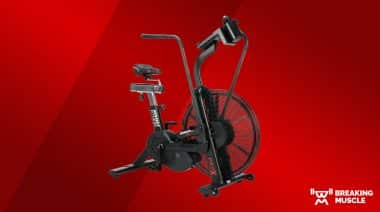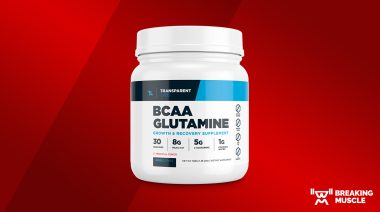When talking about performance in sports, especially as measured by the types of measurements made in labs, things can get complex. However, it’s important to understand performance variables and what they mean. For every measurable variable and every method for boosting those variables, you can run a Google search and find a thousand studies, articles, and opinions.
Erythropoietin, or EPO, is a performance variable and, when used as a drug, can also improve performance. EPO is a kind of hormone found naturally in the body that regulates the production of red blood cells. Much like steroids, EPO is also available as a notorious performance-enhancing drug. However, increasing your natural levels of EPO is something that echinacea, an herbal supplement known for its effects on the immune system, has been shown to do. In a recent study in the Journal of Strength and Conditioning, researchers took a closer look at this topic.
The general idea behind this study was that if you take a decent amount of echinacea, it will boost your EPO levels. So, theoretically, more EPO means more red blood cells, which is important. Red blood cells carry the iron-containing protein called hemoglobin. In fact, besides water, hemoglobin makes up almost all of a red blood cell. The iron is needed because it bonds with oxygen, which is then transported to your muscles and organs for use.
As the old saying goes, fanning the flames is important. Aerobic metabolism is so named because it involves air. Specifically, your lungs take in oxygen, which binds to your red blood cells, and your heart is responsible for carrying them to your muscles for much needed use in fueling the fires, so to speak. These metaphors sufficiently describe what you have heard called VO2 max, the upper limit of your body’s ability to move and use oxygen. If echinacea does increase EPO levels, we should also see an improvement in VO2 max markers, since the body will be better able to move oxygen around for burning fuel. And better use of fuel means better performance.
Sadly, this is apparently not the case, according to the study. That is to say, 8g of supplemental echinacea taken over six weeks didn’t improve VO2 max, nor did it increase the relative content of red blood cells in the blood or the amount of hemoglobin in trained runners.
Because the study participants were fit individuals, the normal human limits for the production of EPO may have already been met, so perhaps the echinacea simply didn’t help any more. Because EPO isn’t a limiting factor in novice athletes, it’s not likely to help them either.
Ultimately, it’s probably for the best. To obtain 8g of echinacea, the athletes were taking twenty pills every day. No thank you.
References:
1. Cory W. Baumann, et. al., “Echinacea Purpurea Supplementation does not Enhance VO2max in Distance,” Journal of Strength and Conditioning Research, DOI: 10.1519/JSC.0b013e3182a7e356.
Photo courtesy of Shutterstock.






